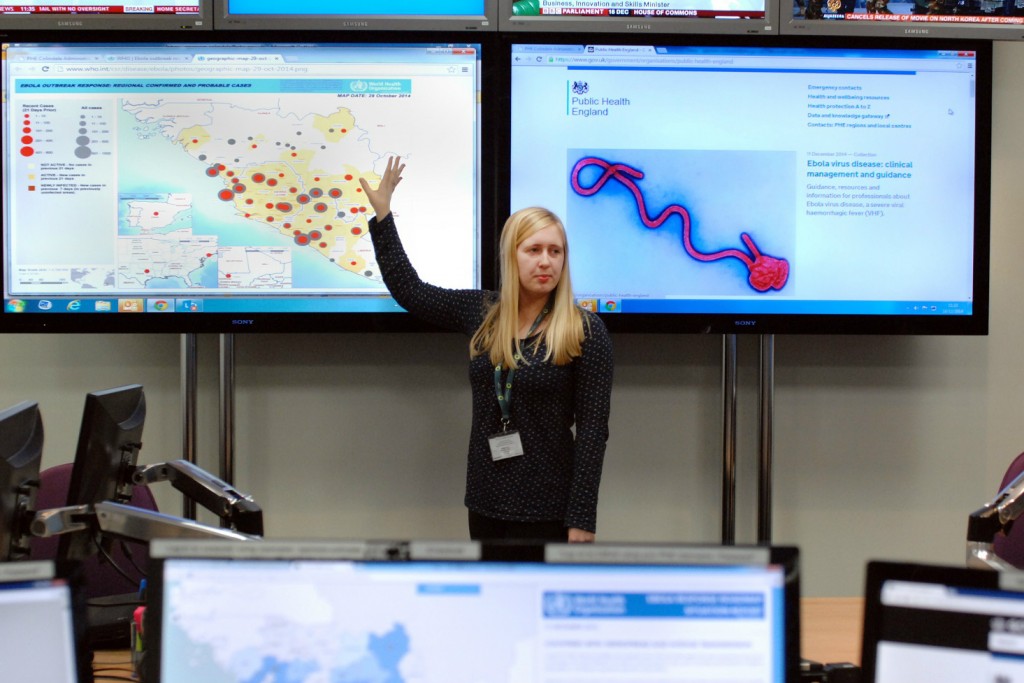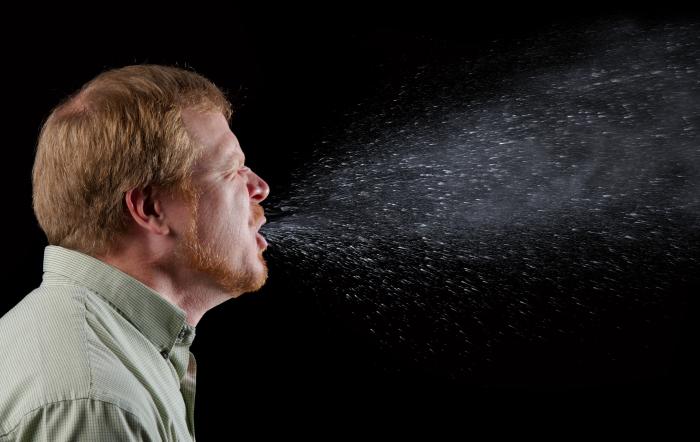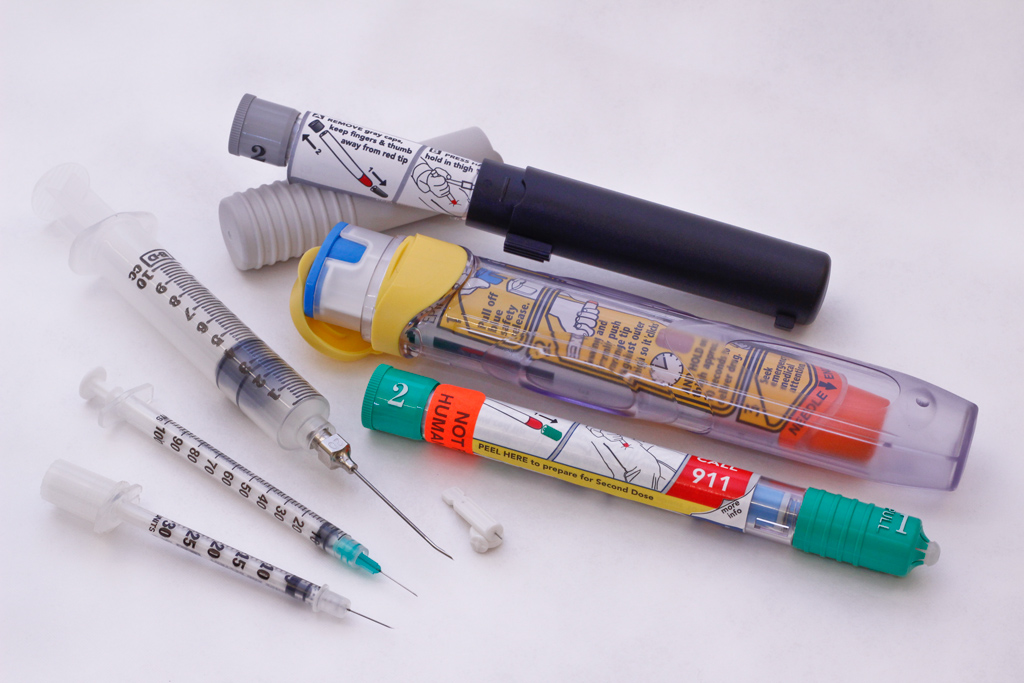Health Protection
Posts about the work of the Health Protection directorate
For International Women’s Day, we’re blogging in support of the Department for Work and Pensions Not Just for Boys campaign. The campaign is all about choice - supporting and inspiring women to make decisions that are right for them …
As part of our remit for protecting public health in England, we run a ‘Tick Recording Scheme’ (TRS) which receives ticks found by members of the public, GPs, vets and those working with wildlife. This enables us to map tick …
Throughout the Ebola outbreak there have been UK media headlines reporting ‘suspected’ cases. PHE expert Dr. Emma Aarons looks at the meaning of a ‘suspected case’, and why it’s important to view these in the wider context of our testing …
Responding to the risk posed by Ebola requires action both here in the UK and overseas. And though the best way to remove the Ebola risk altogether is beat the virus at its source in West Africa, substantial work goes …
Tackling Tuberculosis (TB) is one of seven key priorities for Public Health England and it’s a public health problem that we absolutely have to overcome. Our incidence of TB is four times higher than in the US and if current …
We’ve hit the middle of winter and it’s cold, wet, and windy, with some snow and ice appearing across the country. At this time of year we can start expecting Met Office cold weather alerts. This is normal winter weather …
Update: We have updated this blog on 10/09/2015 to take account of the end of season flu vaccine effectiveness data for the 2014/15 flu season. Every year international experts make important judgements about the likely flu viruses that will be circulating …
Recently, my colleagues and I visited several occupational health (OH) departments across England to talk about the ongoing risks to healthcare workers of exposure to bloodborne viruses. 4,830 healthcare workers have reportedly been exposed to bloodborne viruses between 2004 and …
The Scottish Government recently announced that we had a case of Ebola in the UK, in a health worker who travelled to Glasgow from Sierra Leone. In this blog, Public Health England’s Director of Health Protection, Prof Paul Cosford, answers some …
As we come to the end of the year it seems timely to use this blog to highlight some of the progress we’ve made in ensuring the roles of nurses and midwives - in health protection and improvement - are …









